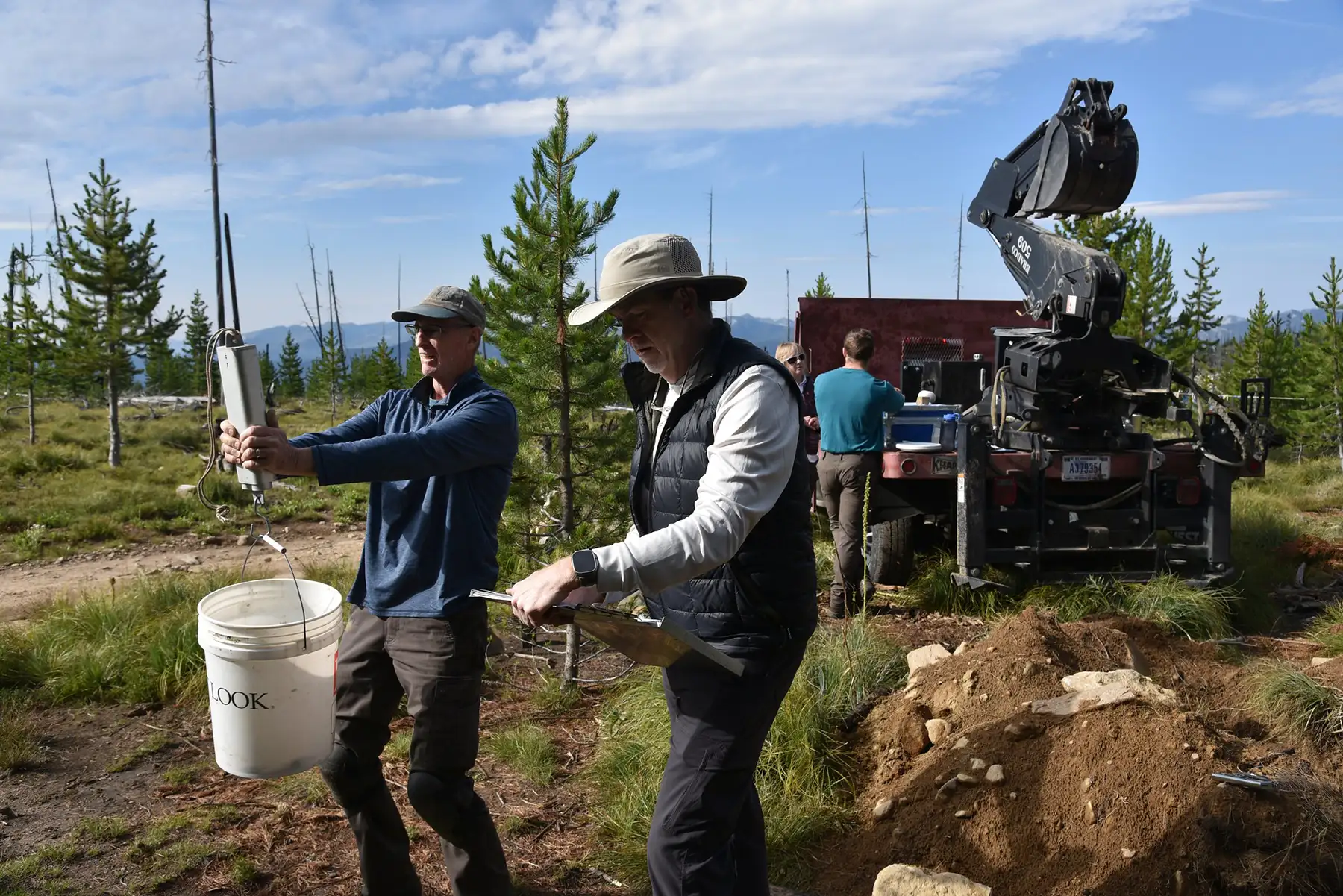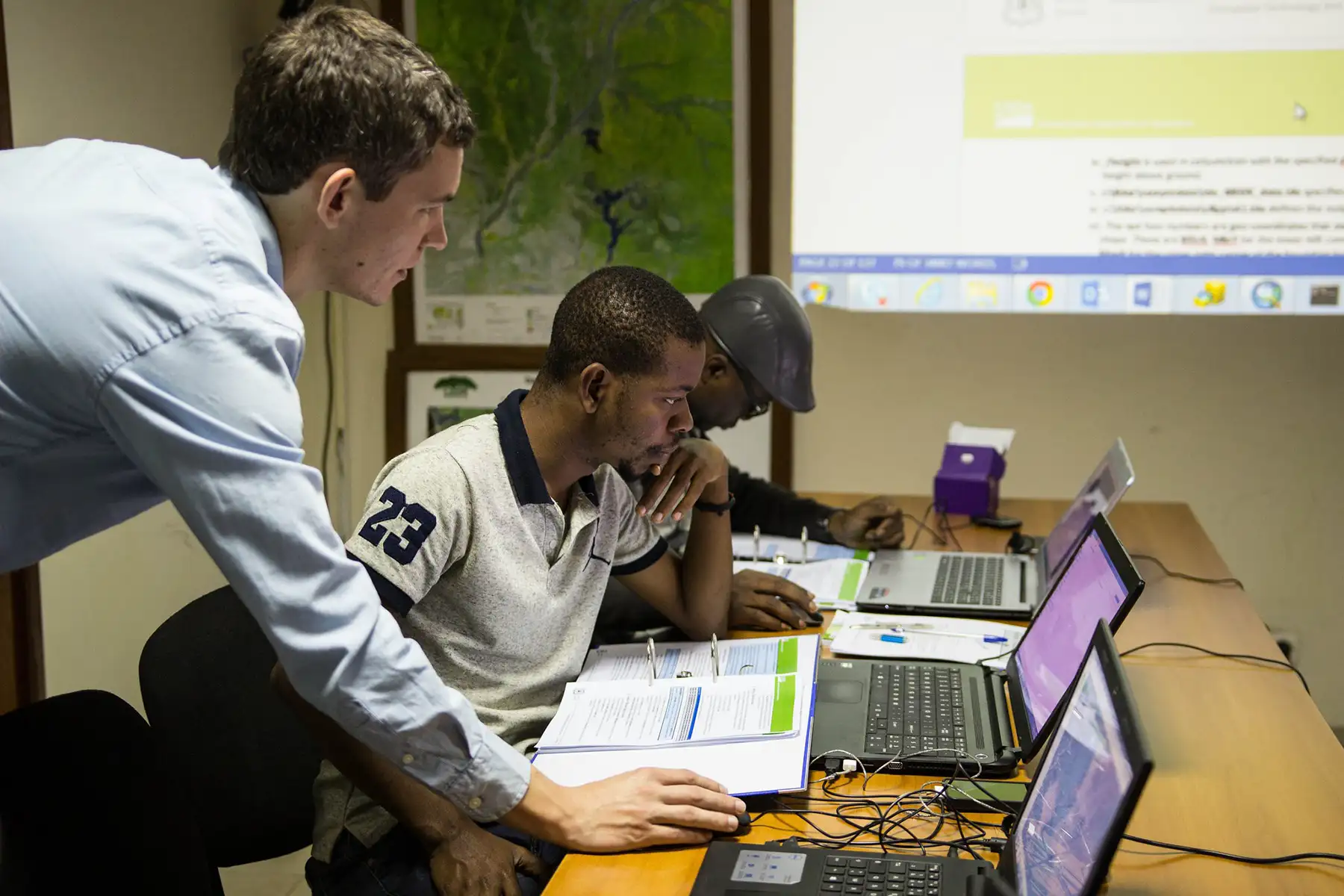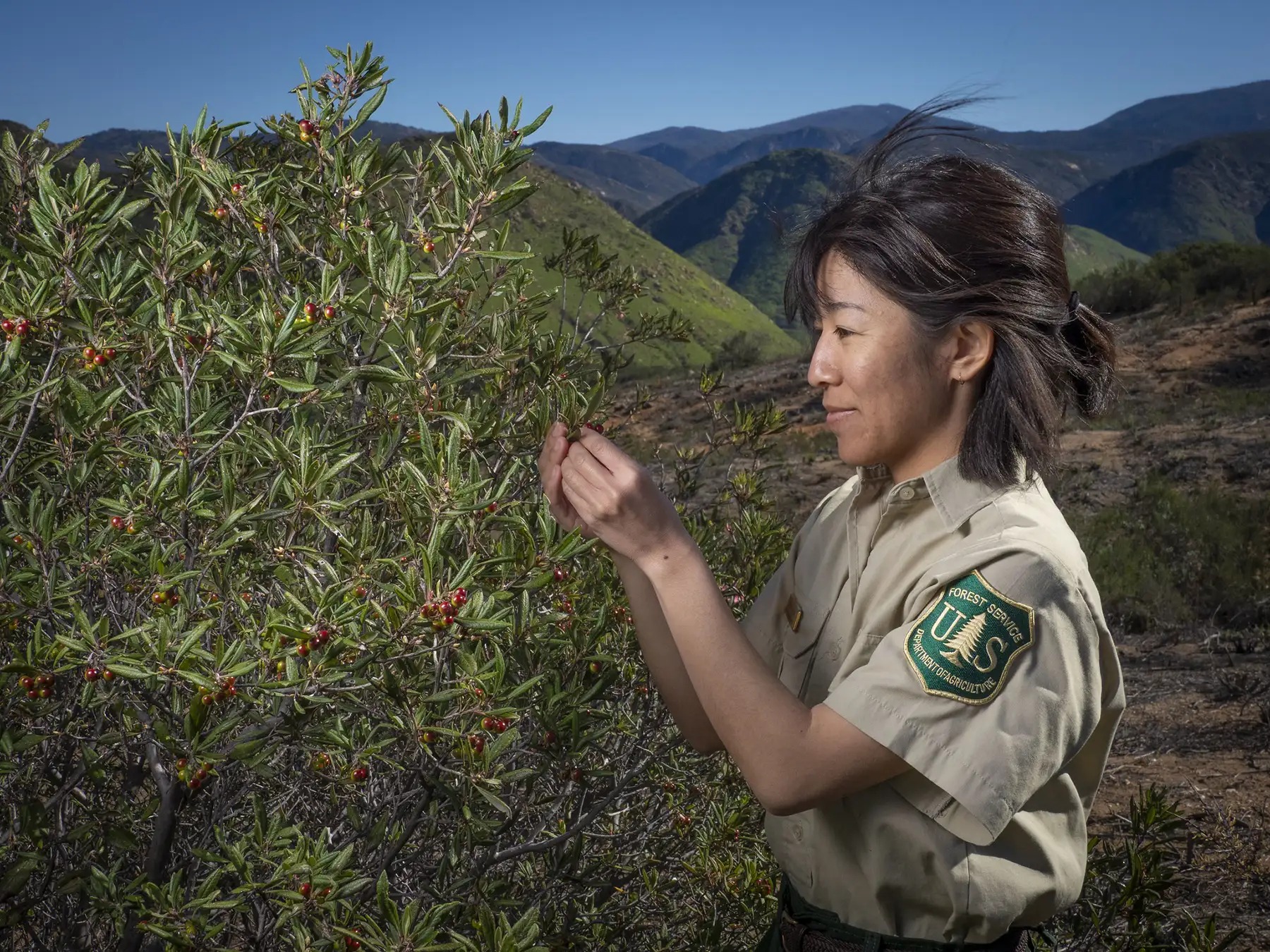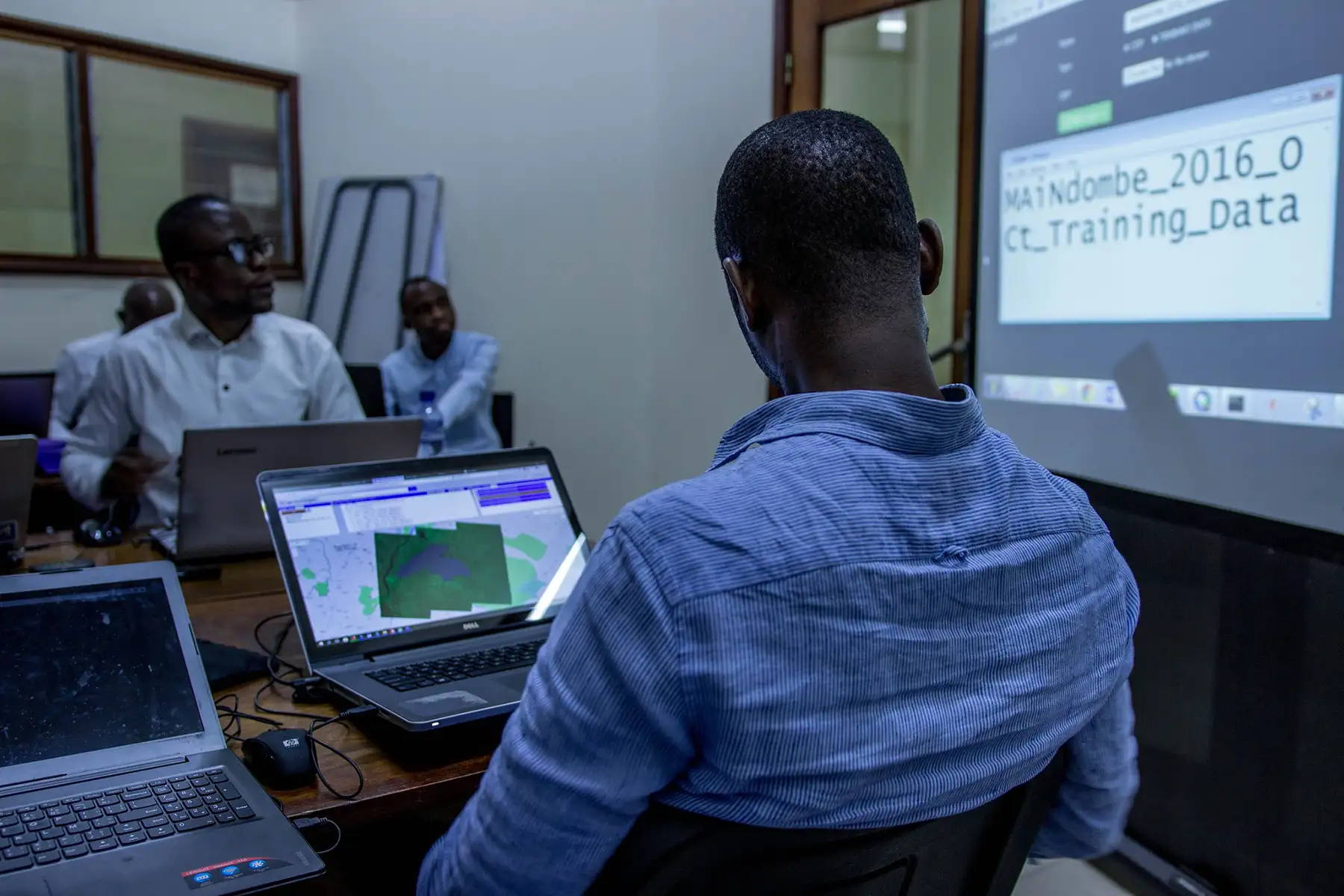Land management
What is land management?
Curious about our relationship with the land and how we work with it? You might be interested in land management.
- Land management combines information about the physical environment with biological factors such as wildlife habitat and human factors such as recreation.
- A land management professional works with other natural resource professionals and the public to determine what a particular area of land should be used for.
Examples of careers
- Archaeologist
- Range Technician
- Cartographer
- GIS Specialist
- Habitat Conservation Specialist
- Land Use Planner
- Restoration Ecologist
- Soil Scientist
Skills
Subject matter expertise
Strong knowledge and expertise in specific areas such as cultural resources management, range management, geodetic surveying, and farm bill programs.
Technical skills
Proficiency in various technical aspects of land management such as conducting field investigations, preparing technical reports, operating equipment, mixing and calibrating herbicide and digitizing geographic information.
Problem-solving and decision-making
Capacity to identify issues, develop solutions, and make decisions including range improvement needs, data collection challenges, and program implementation issues.
For more information about job levels, career paths and training programs, visit My Colorado Journey.

Day in the life

Collect soil samples in the field
Manage rangeland
Eradicate noxious weeds
Update maps and satellite imagery




Images provided by the US Forest Service

Career spotlight: Soil scientist

What they do
Soil scientists study the chemical, physical and biological properties of soils. They research anything from global topics like climate change or acid rain to local issues like well contamination.
“Most soil scientists would tell you they chose this profession because they liked the combination of field and laboratory work,” says soil scientist Ivan Fernandez.
Skills and education check
Soil scientists love working outdoors, maps, exhibit strong analytical and critical thinking skills, and are integral in environmental decisions related to soil conservation, land use, water quality or waste management.
Most soil scientists have a strong background in math and science and have a Bachelor’s degree in biology, chemistry or agronomy.